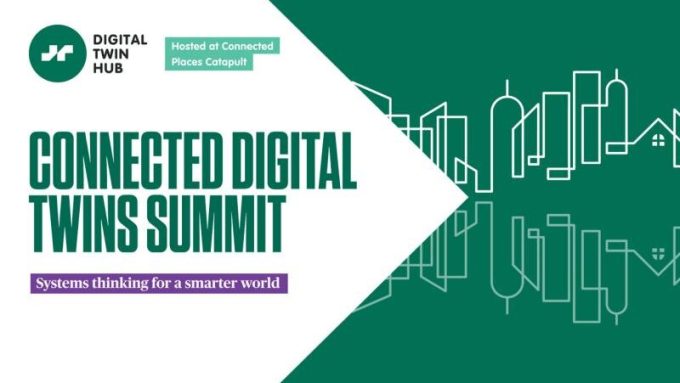This month I’d like to highlight a new piece of BSI research exploring the standards landscape for built environment digital twins and invite you to an online workshop where your input can shape the priorities for standards.
The Research
Standards enabling secure data sharing provide a catalyst for the development of digital twins at scale that, when connected, will enable the National Digital Twin. As part of the National Digital Twin programme, the Centre for Digital Built Britain (CDBB) has tasked the British Standards Institution (BSI) to research current standards to identify those relevant to the development of built-environment digital twins – and detect any gaps in existing standards needed to make developing, maintaining and sharing digital twin information easier and more consistent.
The initial scoping exercise is now complete, and a search matrix developed from this research has been applied to the existing standards landscape to pinpoint potential standards of interest and grade them in relation to relevance to connecting built-environment digital twins.
BSI and CDBB are now reviewing the results of this exercise to identify if and where standards are needed to overcome a specific challenge or fulfil a purpose on the road to the National Digital Twin. This also involves exploring existing standards in other sectors to consider if that same solution can be applied to the built environment – or if an existing standard may be modified or extended to capture our own use case and form part of the digital twin fold.
Following the standards landscape scoping exercise, a roadmap has now being created to visualise the results of the research and make recommendations prioritising standards to be developed. The document will be accompanied by a report to include the narrative, justification and rationale behind the roadmap.
How you can be involved
We are excited to sharing this draft with members of the DT Hub to interrogate the findings and further develop the roadmap. BSI will lead a workshop on the 3rd December which will invite input from members to both critique and verify these findings. The workshop will take place from 10:00 – 12:00, REGISTER your place to receive details for how to take part. The DT Hub’s mission is to bring together the digital twin community to share experiences, challenges and opportunities and we want our members to be stakeholders in shaping the direction of travel of these important developments – we can’t do it alone.
The standards landscape work is significant in paving the way for future prospects. In the early 1900s, the BSI developed a standard for tram gauges at a time when, in the UK alone, there were 75 different widths of gauge; reducing it down to five recommended widths. Using the standard resulted in increased compatibility between networks and rolling stock and boosted the industry’s fortunes. As the British standard was adopted abroad, the UK tram market enjoyed more opportunities to trade and business flourished. The vision of the National Digital Twin programme rests on the ability to connect an ecosystem of digital twins and share information to unlock value and efficiencies that bring financial and social benefits for all. Realising this vision requires an Information Management Framework that contains a level of consistency and compatibility to facilitate the secure exchange of data, and it is standards that provide the guidance to establish a common digital language that will catalyse the collective data management and analysis required for better decision-making.
Digital twins are already being designed, built, bought and sold but a National Digital Twin is still in the making. This is precisely why considering the standards landscape in relation to built-environment digital twins is critical now. Ahead of businesses and organisations making increased investment in IT and infrastructure for digital twins reaching critical mass, it is imperative to ensure the foundations and framework supporting the growth of digital twins will sustain the end goal of secure data exchange and interoperability.
Standards are, of course, not compulsory but they can help us to minimise risk and investment and streamline development by providing tried and tested good practice that is industry-ready to adopt. Fostering communities of good practice is an important tool for accelerating learning and building confidence and competence collectively. I hope you will join our BSI-led workshops to explore the digital twins standards landscape, securing your organisation’s place at the starting point of these important developments.



Leave a comment